I’m offended by… 18c
According to the human rights bureaucrats and multicultural industry lobbyists who have opposed any changes to 18C, the biggest racial problem the nation faces is the subjective offence people may take at what other people say about a racial group.
No one likes to feel offended, insulted, or humiliated, especially around the sensitive subject of race. But the fact that anti-racism campaigners have devoted so much energy to preventing the offence being taken at the mere perception of racism is a remarkable testimony to the lack of genuine racism in contemporary Australia. The anti-racism struggle in earlier and less enlightened times used to be about overcoming the real and objective structural barriers to racial equality. The challenge was to eradicate the racial divisions and prejudices based on complexion and heritage that impeded equality of opportunity based on merit and character. Extension of the ‘fair go’ to all comers, regardless of colour or creed, has been the key to the enviable success of Australia’s non-discriminatory immigration policy in the 50 years since the end of the White Australia Policy. This is why hundreds of thousands of migrants continue to come here each year — because the opportunity to settle in Australia is tantamount to winning the immigration lottery.
But despite the most serious forms of racism having been eliminated in the modern age of tolerance and acceptance since the 1960s, the rise of identity politics has a produced a new culture of grievance. These days, racism is anything a person may feel harms their self-perception as a member of an identity group. This is the context in which to assess the travails of Bill Leak at the hands of the Australian Human Rights Commission, following the publication of his ‘Indigenous Parenting’ cartoon. The controversy sparked by Leak’s depiction of a dead-beat indigenous father featured protests by many members of the burgeoning indigenous middle class, who tweeted pictures of their own good indigenous fathers to counter the supposedly racist stereotype Leak was accused of perpetuating. As was acutely observed in The Speccie by the dissenting indigenous writer Kerryn Pholi, the #IndigenousDads movement was all about the self-regard of those who took offence. Their major concern was how Leak’s cartoon made them feel about themselves, with little concern for the important issue he highlighted — the chronic maltreatment of children by dysfunctional parents in underclass indigenous families. The broader significance is that Indigenous Australians used to be the egregious exception to Australia’s success in creating a fair and tolerant multi-racial society. But the exception now proves the rule: the overwhelming majority of indigenous Australia — around 80 per cent — enjoy the same social outcomes as their non-indigenous peers.
As journalist Stan Grant pointed out in his Quarterly Essay, most indigenous Australians have experienced the full benefits of the ‘Australian dream’, and have enjoyed the same opportunities and success as the array of migrant groups that have settled here since the end of WWII.
More of the credit for this national achievement needs to be given to the ordinary Australians who have proven they can live and work harmoniously alongside all comers from diverse background. In my experience, almost every migrant family has a story about how ‘old Australians’ helped the ‘new Australians’ settle in and feel at home in their new homeland. These stories of myriad friendly interactions and instances of practical assistance offered in the nation’s schools, workplaces, and neighbourhoods belie the ‘ugly Australian’ stereotype that presumes average Australians are perpetually racist and hostile to ‘the other’.
Ironically, the person who by background and experience should appreciate the lack of serious racism in modern Australia is the person who used Twitter to incite outrage and solicit 18C complaints against Leak: Australia’s race discrimination commissioner, Dr Tim Soutphommasane. A first-generation Australian with a south-east Asian heritage, Soutphommasane has enjoyed a rapid rise to prominence and preferment from humble origins in south-west Sydney. He has worked for a premier, studied at Oxford, published books and newspaper articles, and secured his current influential and high-paid position. Like many of us from migrant stock — myself included – he should thank his good fortune every day for what this country has given him, free of any racial bars on his advancement.
Instead, he has spent most of his term as Race Commissioner denigrating Australia as a racist country — so racist that 18C cannot be reformed because allowing free speech will unleash the ‘dark underbelly’ of racist hate speech that lurks within the nation’s soul. It was once common for migrants to express gratitude for the chance to participate in the Australian dream. But this tradition has been officially supplanted by the multicultural industry’s efforts to foster a sense of victimhood among ethnic groups instead. Lamentably, the belief that Australians are inherently racist also seems to have taken hold within Australian business. The HR ‘diversity divisions’, now a ubiquitous feature of the corporate landscape, assume staff members are too ignorant and prejudiced to treat everyone fairly and equally regardless of race.
It would be easy – and lucrative – to climb aboard the diversity gravy train in the public or private sector. But while my face would fit, my heart would not be in it, and I would find it truly offensive – to all my fellow Australians whose assistance smoothed the path of acceptance and success enjoyed by me, my family, and others like us.
The idea that we need diversity manual-wielding HR managers — let alone an RDA-wielding human rights bureaucrat — to make Australians act decently on matters of race is deeply insulting to the real heroes of our nation’s immigration story: the millions of ordinary Australians whose tolerant values and attitudes have really made modern multi-racial Australia the great success it continues to be.
Got something to add? Join the discussion and comment below.
Get 10 issues for just $10
Subscribe to The Spectator Australia today for the next 10 magazine issues, plus full online access, for just $10.
You might disagree with half of it, but you’ll enjoy reading all of it. Try your first month for free, then just $2 a week for the remainder of your first year.

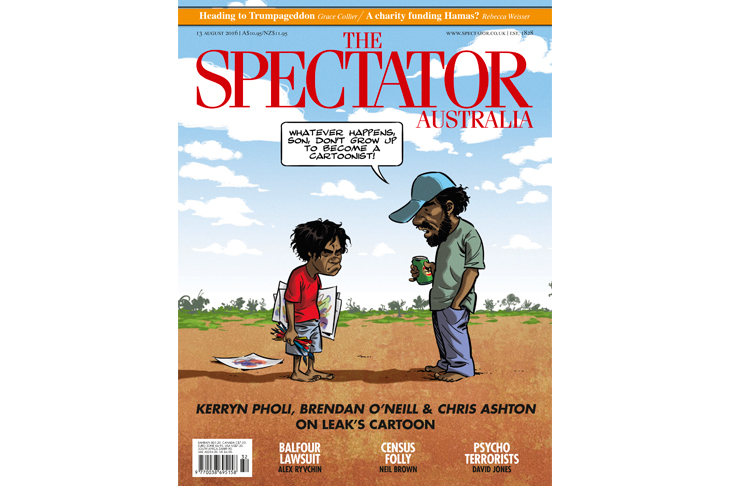
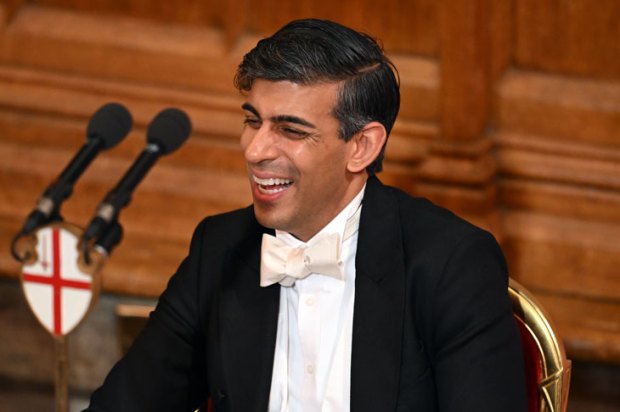
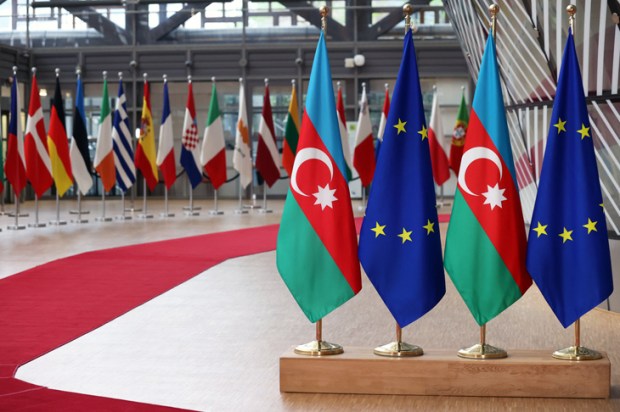
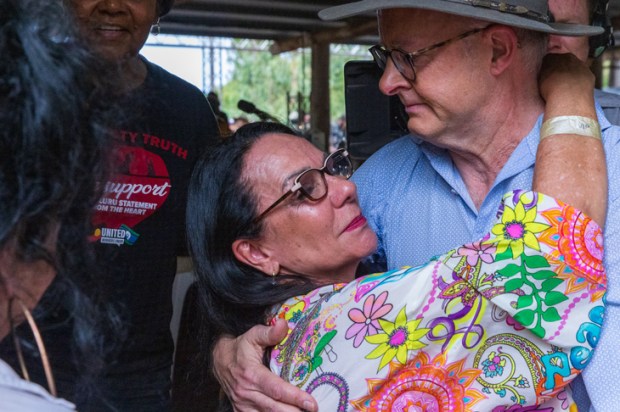
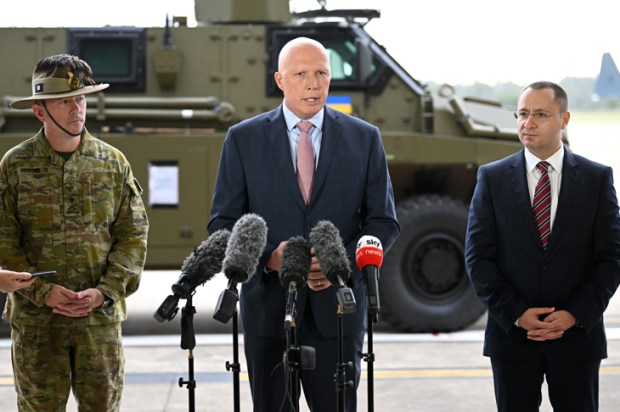
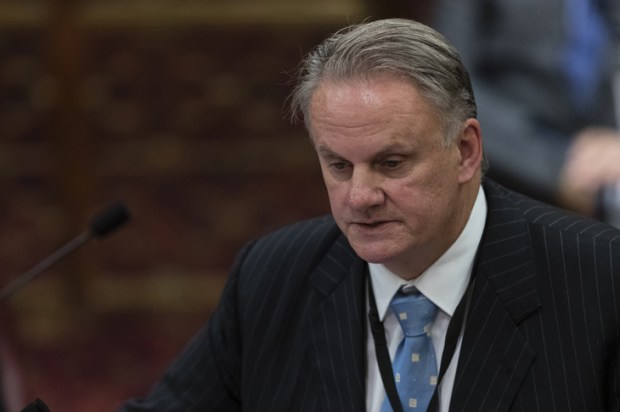
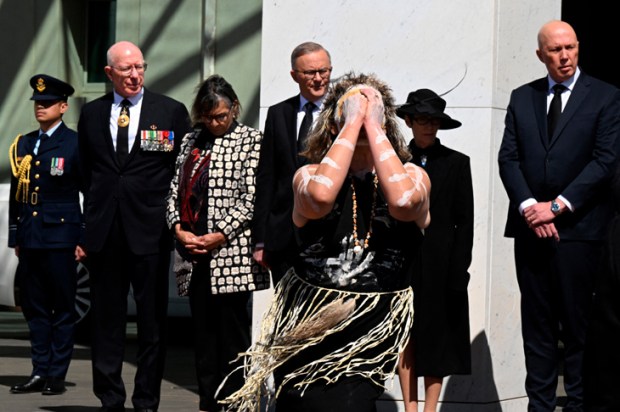






Comments
Don't miss out
Join the conversation with other Spectator Australia readers. Subscribe to leave a comment.
SUBSCRIBEAlready a subscriber? Log in